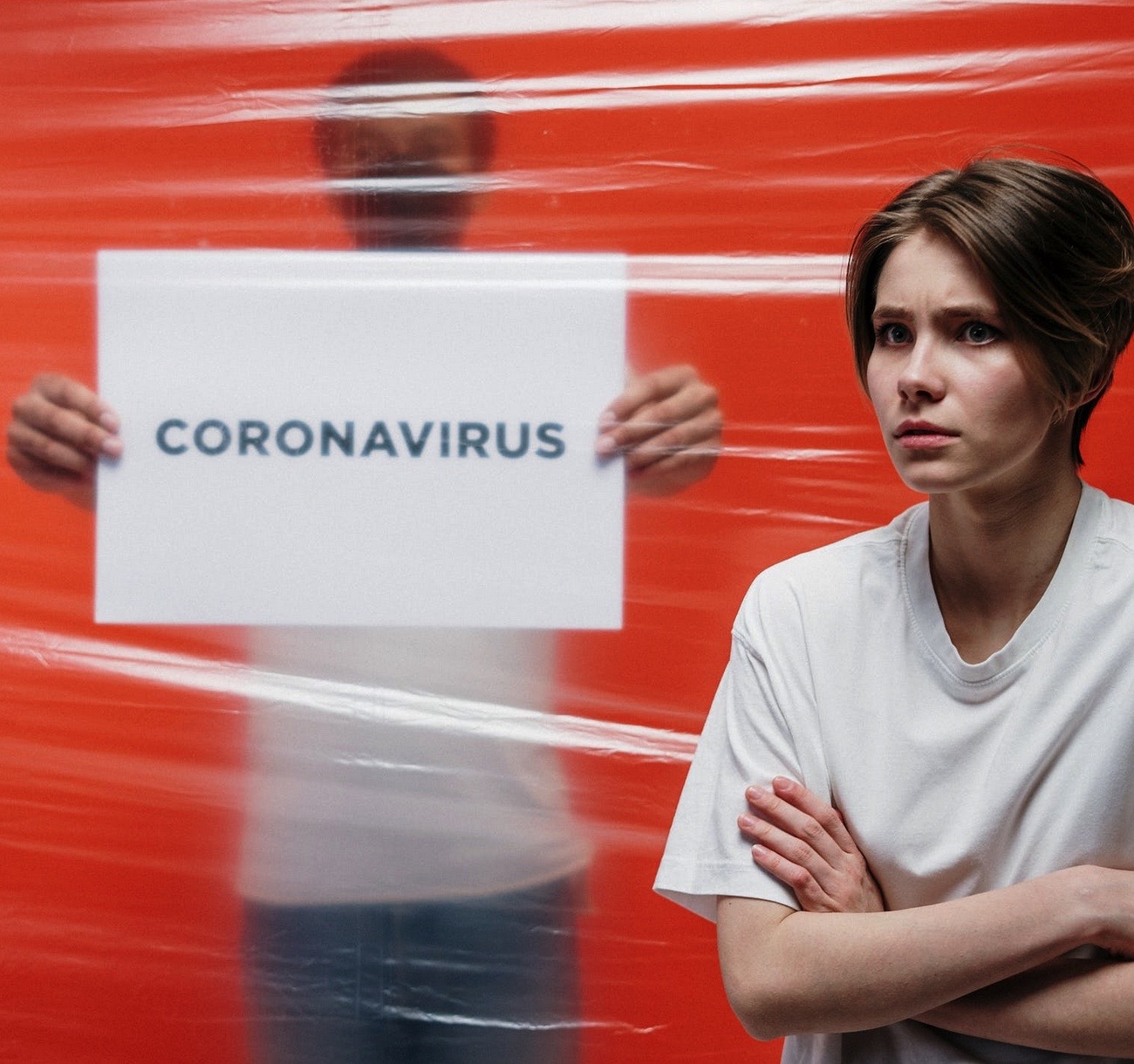The extended unconscious group field and metabolization of pandemic experience: dreaming together to keep cohesion alive

Submitted: June 19, 2022
Accepted: November 28, 2022
Published: December 29, 2022
Accepted: November 28, 2022
Abstract Views: 716
PDF: 365
HTML: 18
HTML: 18
Publisher's note
All claims expressed in this article are solely those of the authors and do not necessarily represent those of their affiliated organizations, or those of the publisher, the editors and the reviewers. Any product that may be evaluated in this article or claim that may be made by its manufacturer is not guaranteed or endorsed by the publisher.
All claims expressed in this article are solely those of the authors and do not necessarily represent those of their affiliated organizations, or those of the publisher, the editors and the reviewers. Any product that may be evaluated in this article or claim that may be made by its manufacturer is not guaranteed or endorsed by the publisher.
Similar Articles
- Emanuela Saita, Martina Tramontano, Navigating the complexity of the therapeutic and clinical use of photography in psychosocial settings: a review of the literature , Research in Psychotherapy: Psychopathology, Process and Outcome: Vol. 21 No. 1 (2018)
- Guido Giovanardi, Patricia Spangler, Introduction to the Special Section on Working on dreams, from psychotherapy to neuroscience , Research in Psychotherapy: Psychopathology, Process and Outcome: Vol. 24 No. 2 (2021): SPECIAL ISSUE "Working on dreams, from psychotherapy to neuroscience"
- Zelda Gillian Knight, My story in response to the stories of my patients’ experience of the impact of the COVID-19 pandemic: a relational psychoanalytic approach , Research in Psychotherapy: Psychopathology, Process and Outcome: Vol. 23 No. 3 (2020)
- Alice Fiorini Bincoletto, Ludovica Zanini, Grazia Fernanda Spitoni, Vittorio Lingiardi, Negative and positive ageism in an Italian sample: how ageist beliefs relate to epistemic trust, psychological distress, and well-being , Research in Psychotherapy: Psychopathology, Process and Outcome: Vol. 26 No. 2 (2023)
- Jordan Bate, Angelica Tsakas, Facilitative interpersonal skills are relevant in child therapy too, so why don’t we measure them? , Research in Psychotherapy: Psychopathology, Process and Outcome: Vol. 25 No. 1 (2022)
- Samantha Reis, Emily L. Matthews, Brin F.S. Grenyer, Characteristics of effective online interventions: implications for adolescents with personality disorder during a global pandemic , Research in Psychotherapy: Psychopathology, Process and Outcome: Vol. 23 No. 3 (2020)
- Cheri L. Marmarosh, Steven Sandage, Nathaniel Wade, Laura E. Captari, Sarah Crabtree, New horizons in group psychotherapy research and practice from third wave positive psychology: a practice-friendly review , Research in Psychotherapy: Psychopathology, Process and Outcome: Vol. 25 No. 3 (2022): SPECIAL ISSUE: "Group psychotherapy: between settled benchmarks and new horizons"
- Cecilia Giordano, Ivan Ambrosiano , Maria Teresa Graffeo, Alessandro Di Caro, Salvatore Gullo, The transition to online psychotherapy during the pandemic: a qualitative study on patients’ perspectives , Research in Psychotherapy: Psychopathology, Process and Outcome: Vol. 25 No. 3 (2022): SPECIAL ISSUE: "Group psychotherapy: between settled benchmarks and new horizons"
- Michael B. Buchholz, Horst Kächele, From turn-by-turn to larger chunks of talk: An exploratory study in psychotherapeutic micro-processes using conversation analysis , Research in Psychotherapy: Psychopathology, Process and Outcome: Vol. 20 No. 3 (2017)
- Vera Békés, Claire J. Starrs, J. Christopher Perry, Tracy A. Prout, Ciro Conversano, Mariagrazia Di Giuseppe, Defense mechanisms are associated with mental health symptoms across six countries , Research in Psychotherapy: Psychopathology, Process and Outcome: Vol. 26 No. 3 (2023)
<< < 1 2 3 4 5 6 7 8 9 10 > >>
You may also start an advanced similarity search for this article.

 https://doi.org/10.4081/ripppo.2022.646
https://doi.org/10.4081/ripppo.2022.646





